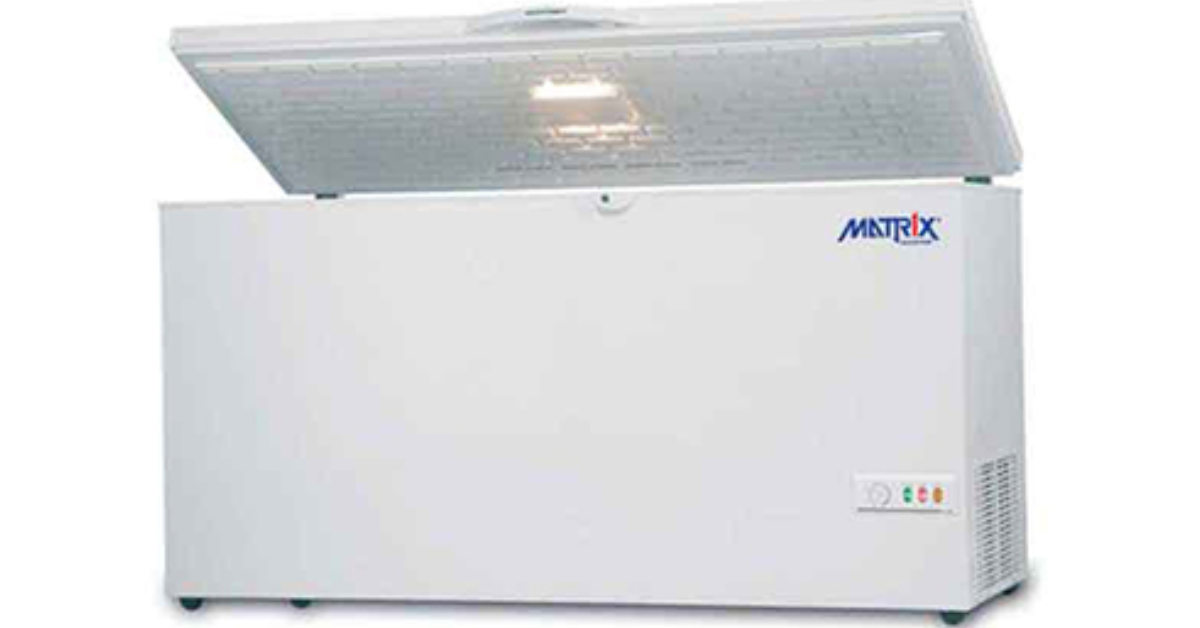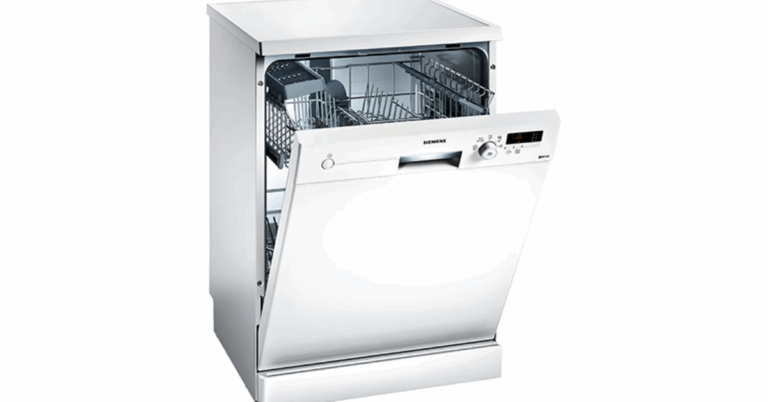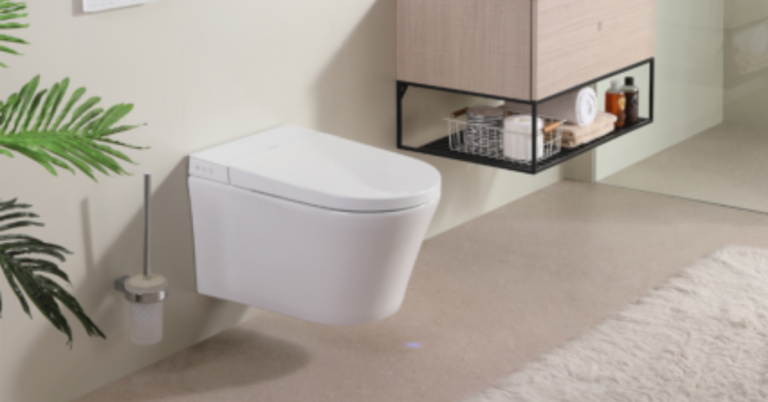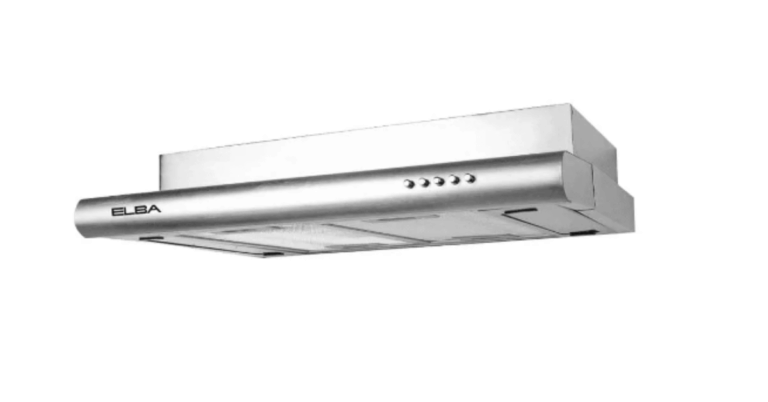The Essential Role of Chest Freezers for Marine Cruise Ships: Ensuring Freshness at Sea
When it comes to storing perishable goods onboard, a Chest Freezer For Marine Cruise Ships is one of the most crucial pieces of equipment on any vessel that travels long distances. Cruise ships require reliable, durable, and efficient refrigeration systems to maintain food quality for extended journeys at sea. With passengers and crew depending on consistently fresh meals and beverages, marine-rated chest freezers play a direct role in guest satisfaction, safety, and smooth operations onboard.
Understanding the Storage Needs of Marine Vessels
Unlike land-based establishments, cruise ships operate far away from immediate supply lines. This means they must carry substantial amounts of:
-
Meat and poultry
-
Fish and seafood
-
Frozen vegetables and fruit
-
Dairy products
-
Ready-to-cook meals
-
Desserts and pastries
-
Beverage stock requiring temperature control
To maintain freshness and prevent spoilage over days or even weeks, cruise ships rely heavily on dependable freezing systems. A marine chest freezer is specifically designed to store bulk quantities while maintaining steady, low temperatures even when the ship is traveling across hot climates or rough seas.
Why Regular Freezers Are Not Suitable for Ships
A domestic freezer may work well in a home, but marine environments present challenges that ordinary equipment cannot withstand:
| Marine Environment Challenge | Impact on Regular Freezer | Marine Chest Freezer Solution |
|---|---|---|
| Constant vibration and movement | Causes internal damage and gas leaks | Marine units have reinforced structure and compressor mounts |
| Saltwater air corrosion | Rusts components; shortens lifespan | Marine-grade stainless steel and corrosion-resistant coatings |
| Limited space | Domestic freezer sizes may not fit | Marine units are compact and dimension-optimized |
| Variable power supply on board | May overload motors | Marine compressors are voltage-stabilized and energy efficient |
This is why marine-rated chest freezers are necessary for cruise ships—they are built to withstand the demanding conditions at sea.
Key Features of a Chest Freezer for Marine Cruise Ships
A high-quality marine chest freezer comes with a range of specialized features such as:
1. Corrosion-Resistant Construction
Salt in the air accelerates rust. Marine chest freezers use stainless steel exteriors, coated components, and rust-resistant hardware to survive long-term marine exposure.
2. Heavy-Duty Compressor System
Marine chest freezers are equipped with compressors calibrated for continuous operation, steady cooling, and minimal energy consumption in fluctuating temperatures.
3. Anti-Vibration Design
Ships move constantly. Marine chest freezers are engineered with shock absorbers, enhanced structural frames, and secure internal fittings to prevent damage from vibration.
4. Deep and Consistent Cooling
These freezers provide uniform cooling, ensuring that food stays safely preserved even when the lid is opened frequently during food preparation.
5. Lockable and Sealed Lids
To prevent warm air infiltration and accidental lid movement during rough seas, chest freezers are designed with strong seals and locking systems.
6. Energy Efficiency
Since cruise ships must manage power carefully, these freezers are optimized to run efficiently without adding excessive load to the ship’s generator systems.
Benefits of Chest Freezers for Marine Cruise Ships
| Benefit | Explanation |
|---|---|
| Long-Term Food Preservation | Maintains safe temperatures for extended voyages |
| Bulk Storage Capacity | Stores large volumes of ingredients for thousands of passengers |
| Reduces Food Wastage | Protects items from spoilage and freezer burn |
| Improves Kitchen Efficiency | Enables better organization of inventory |
| Enhances Guest Experience | Ensures consistent freshness in meals served onboard |
A marine chest freezer is not just equipment—it is part of the ship’s operational backbone.
How Cruise Ship Kitchens Use Chest Freezers
A cruise ship kitchen, also known as a galley, functions similar to a commercial restaurant, but on a far larger scale. Depending on ship capacity, thousands of meals may be prepared daily. Marine chest freezers help kitchens:
-
Store ingredients in bulk to minimize supply runs
-
Prepare meals in advance
-
Stock seasonal or imported items for international travelers
-
Maintain meal variety throughout long voyages
They are typically placed in:
-
Main food storage rooms
-
Butchery and seafood processing areas
-
Bakery and dessert preparation cold zones
-
Beverage chill rooms
-
Staff galley stations
Choosing the Right Chest Freezer for Marine Use
When selecting a freezer for cruise ship installation, several factors must be considered:
Capacity
Sizes can range from compact units for small crew areas to large-volume freezers for passenger meal supply.
Voltage Compatibility
Marine freezers are available in 110V, 220V, 50Hz, and 60Hz variations to align with ship electrical systems.
Material Quality
Stainless steel interiors and exteriors are preferred for durability.
Cooling Technology
Modern marine freezers use inverter compressors for lower energy use and better temperature stability.
Safety Certification
Equipment should meet international maritime safety and food storage standards.
Maintenance Tips to Ensure Long Life
To maintain performance at sea:
-
Clean condenser coils regularly to remove salt and dust buildup.
-
Keep the lid sealed properly to prevent frost accumulation.
-
Store items in labeled containers to reduce lid open time.
-
Inspect wiring and compressor mounts periodically.
-
Defrost the unit when ice builds up excessively.
-
Keep interior dry during restocking to prevent freezing moisture damage.
Proper care extends the freezer’s lifespan and improves energy efficiency.
Why Marine Chest Freezers Are an Investment Worth Making
The cost of a marine chest freezer may be higher than a regular home freezer, but the return on investment is significant:
-
Improved operational consistency
-
Reduced replacement and repair costs
-
Enhanced passenger dining satisfaction
-
Reduced food waste
-
Improved voyage planning flexibility
In marine operations, reliability is not optional it is critical.
Conclusion
A Chest Freezer For Marine Cruise Ships is a vital asset for ensuring consistent food storage, safety, and service quality on vessels traveling across the seas. Its robust construction, anti-corrosion design, efficient cooling system, and large storage capacity make it indispensable for cruise ship kitchens and crew meal areas. By investing in a high-quality marine chest freezer, cruise operators can ensure they always deliver fresh, well preserved, and enjoyable meals, enhancing the overall travel experience for passengers and crew.






